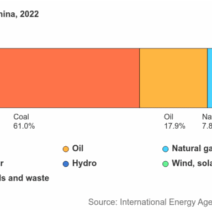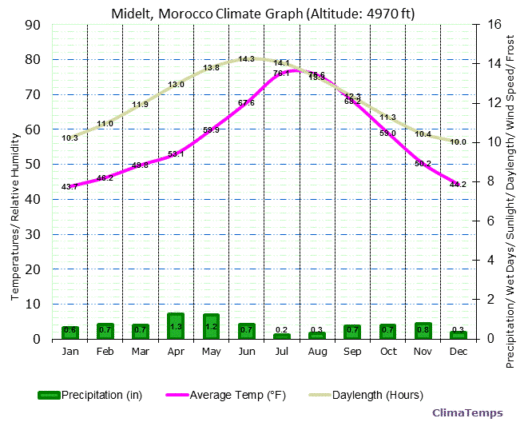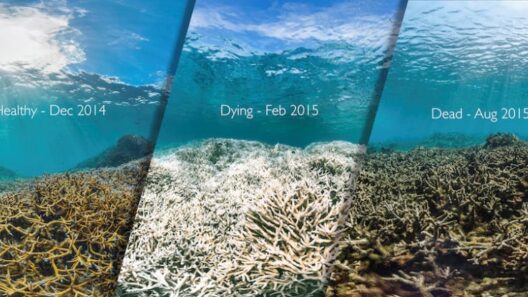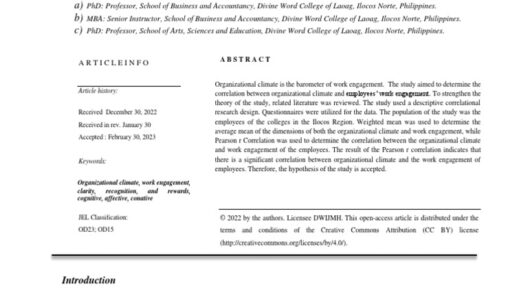Climate change represents one of the most pressing challenges faced by humanity today, with far-reaching implications for ecosystems, economies, and communities worldwide. The political landscape surrounding climate policy can significantly influence the trajectory of climate action. One of the pivotal figures in contemporary discussions on climate change is Donald Trump, whose policies and rhetoric have polarized the debate. This analysis seeks to unravel the complexities of Trump’s impact on climate change efforts, weighing both potential benefits and setbacks associated with his leadership.
At the outset, it is crucial to contextualize Trump’s approach to environmental policy. During his presidency, he prioritized deregulation, often touting economic growth as a vital goal. This stance led to the rollback of numerous environmental regulations established under previous administrations. The Trump administration’s departure from the Paris Agreement is a hallmark of this approach, signaling a retreat from international climate commitments. Critics argue that such actions substantively undermine global cooperative efforts to mitigate climate change, fostering an atmosphere of skepticism regarding scientific consensus.
Moreover, Trump’s administration emphasized fossil fuel production, perceiving it as a bedrock of economic vitality. By promoting the extraction of coal, oil, and natural gas, this strategy appeared to prioritize short-term economic benefits over long-term sustainability. The revival of coal industries and the conferred advantages to drilling operations, particularly in protected areas, illustrate a commitment to fossil fuels that some analysts believe could exacerbate greenhouse gas emissions. Reports indicate that the U.S. stance on coal production significantly impacted not only domestic energy markets but also international climate commitments.
However, it is essential to consider that Trump’s influence extends beyond mere deregulation. For some stakeholders, his administration inadvertently galvanized grassroots movements and heightened awareness about climate issues. The visible consequences of climate change—ranging from wildfires and hurricanes to flooding—have incited public discourse and culminated in widespread activism. Young climate advocates, inspired by the need for decisive action, often framed their efforts as a counterbalance to perceived governmental inaction. Thus, Trump’s presidency, although marked by environmental rollback, also catalyzed a resurgence of environmental advocacy.
In examining Trump’s legacy on renewable energy, one must traverse a nuanced landscape. Despite a prevailing narrative prioritizing fossil fuels, the renewable energy sector experienced notable growth during his administration, albeit not as a direct result of policy initiatives. States continued to invest in solar and wind technologies, driven in part by market dynamics and the declining costs associated with these energy sources. Industries capitalized on technological advancements, emphasizing the economic viability of renewable energy. This emerging sector suggests a potential shift towards an energy paradigm less reliant on fossil fuels, regardless of the political climate.
In juxtaposition, examining public sentiment is paramount. Opinion polls throughout Trump’s presidency reflected a notable divergence in beliefs about climate change along partisan lines. While many Republicans remained skeptical of climate science, a significant portion of the electorate, including independents and younger voters, expressed concern about environmental degradation. This disconnect underscores the intricate relationship between political ideology and environmental policy, suggesting that as younger generations exert their electoral influence, there may be a shift towards more progressive climate policies in future administrations, regardless of Trump’s direct impact.
Opponents of Trump’s policies have cited concerns about environmental injustice, underscoring that disadvantaged communities often bear the brunt of environmental degradation. The rollback of regulations can disproportionately affect marginalized populations, typically less equipped to deal with the deleterious effects of pollution and climate change. Therefore, discussions surrounding Trump’s climate legacy cannot overlook the ethical dimensions of environmental policy and the ramifications for social equity.
The technological aspect of America’s energy transition during Trump’s presidency warrants scrutiny. While the administration sought to promote fossil fuel dominance, the acceleration of innovations in energy storage, electric vehicles, and energy efficiency suggests a broader transition is underway. Private sector initiatives in clean technology development continued apace, fueled by a combination of consumer demand and international trends toward sustainability. Consequently, the trajectory of innovation may diminish the long-term dependency on traditional energy sources, a phenomenon that extends beyond the purview of any singular administration.
To synthesize, Donald Trump’s tenure represents a complex tapestry of contradictions regarding climate change efforts. On one hand, his administration’s policies largely favored fossil fuel production and regulatory rollbacks, which proponents argue stimulate economic growth. Conversely, these actions catalyzed public activism, spurred technological advances in renewable energy, and ignited conversations about environmental justice. While Trump’s impact on climate change will be debated for years to come, one undeniable outcome is the heightened awareness and urgency surrounding climate issues, nurturing a fertile ground for dialogue and action that transcends political affiliation.
Moving forward, the challenge lies in reconciling economic aspirations with environmental sustainability. As the world grapples with the consequences of climate change, a concerted effort influenced by a diverse array of stakeholders—governments, businesses, and civil society—will be imperative to forge effective climate policies. Only through an inclusive dialogue rooted in scientific understanding can future leaders chart a path that harnesses collective action in the face of an existential crisis.








